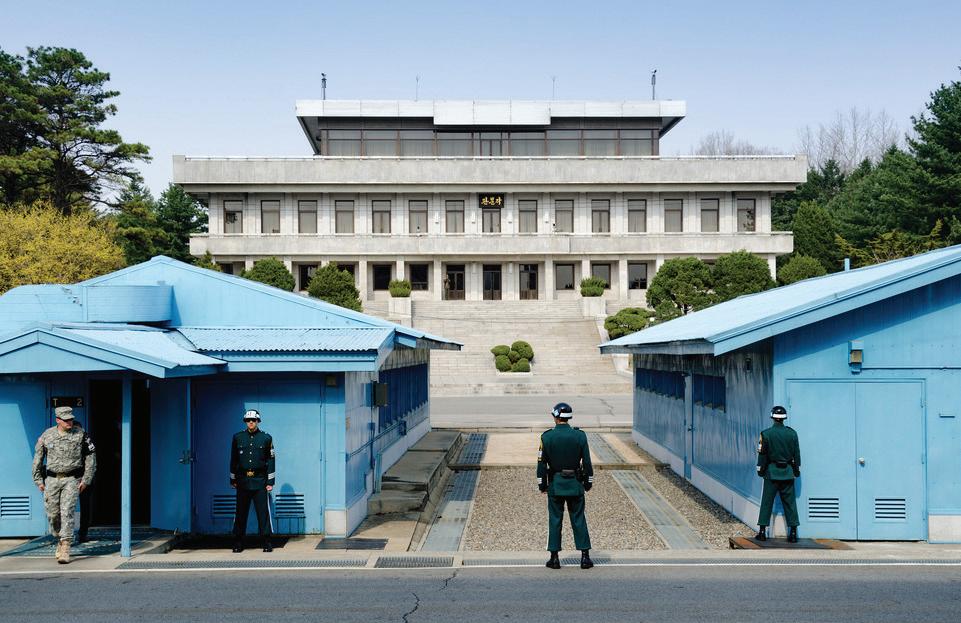
1 minute read
Conclusion
The above recommendations represent a realistic, concrete, short-term strategy for the United States. They are anchored in the concept of a reciprocal approach: commensurate U.S. steps should occur in tandem with those by North Korea. They draw on lessons of past negotiations, namely that the United States should pursue short-term specific commitments that can be confidently verified. Such a strategy would induce confidence from both parties, allowing for more substantial action to be taken in the future.
While the recommendations outline several possible U.S. concessions, there are numerous other options that can be considered. For instance, U.S. food aid was offered as part of the Leap Day Deal, as was energy assistance in both the Agreed Framework and the Six Party Talks. Related offers could be expanded upon in future negotiations, say, through the promotion of energy grid integration, which would provide economic benefits throughout the region. North Korea’s human rights record will likely persist as an important issue, and progress on it might be the clearest signal possible of a truly new approach towards the world by Kim Jong Un.
These are a few of the many unresolved issues that will remain even if the above recommendations are fully implemented. Despite these challenges, adopting a reciprocal approach, while abiding by the three principles, will ensure a strong U.S.-North Korean relationship, and offer the best opportunity for the United States to achieve its goal of denuclearizing North Korea.







